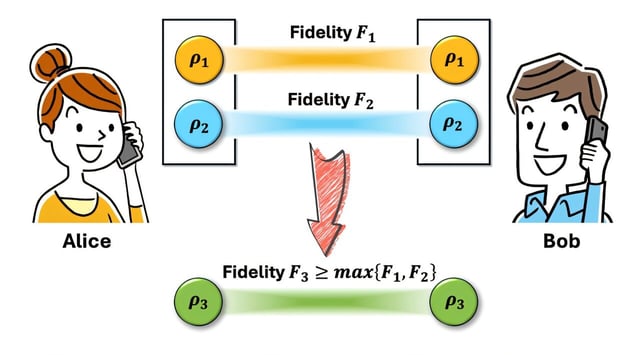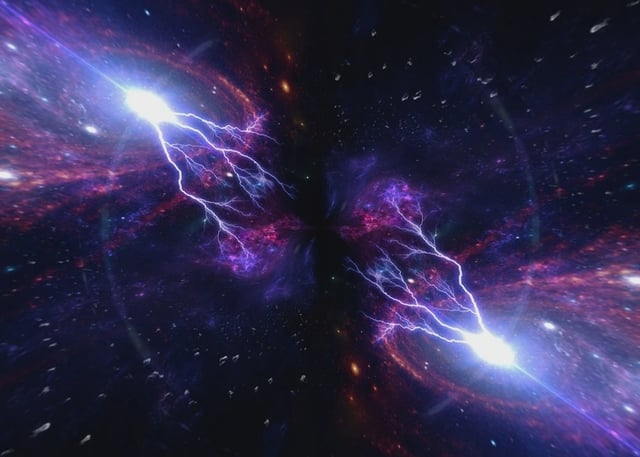Overview
- A collaborative study by UChicago, UIUC, and Microsoft researchers demonstrates that no universal entanglement purification protocol can improve fidelity across all quantum systems.
- The findings, published in *Physical Review Letters*, establish a fundamental no-go theorem for protocols relying on local operations and classical communication (LOCC).
- Expanding purification methods to include positive partial transpose-preserving (PPT) operations allows universality only for states with fidelity above 50%, offering theoretical but not yet practical solutions.
- The study emphasizes the need for tailored purification strategies that account for specific quantum systems and noise profiles, as blindly applying protocols can degrade performance.
- Future research will explore whether nearly universal methods could exist under stricter constraints and how these findings apply to other quantum resources.

